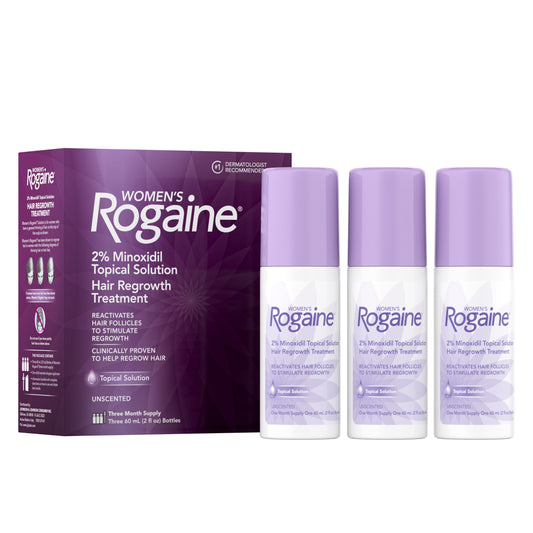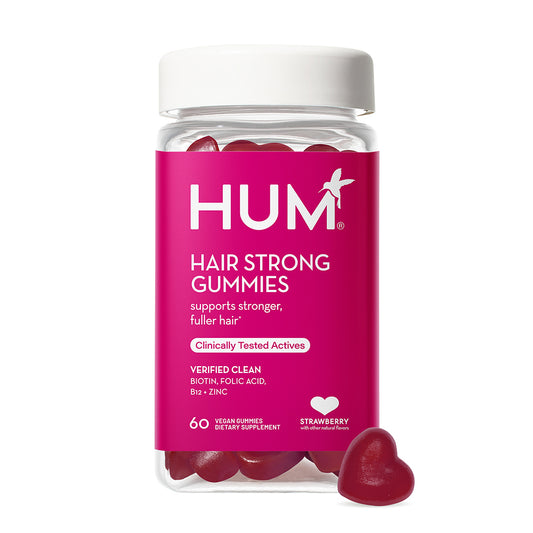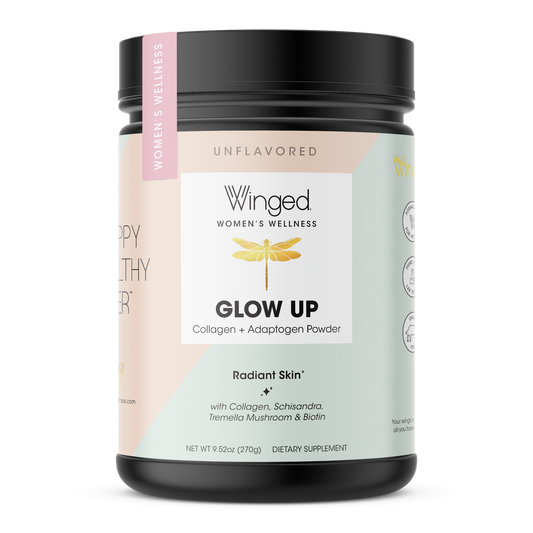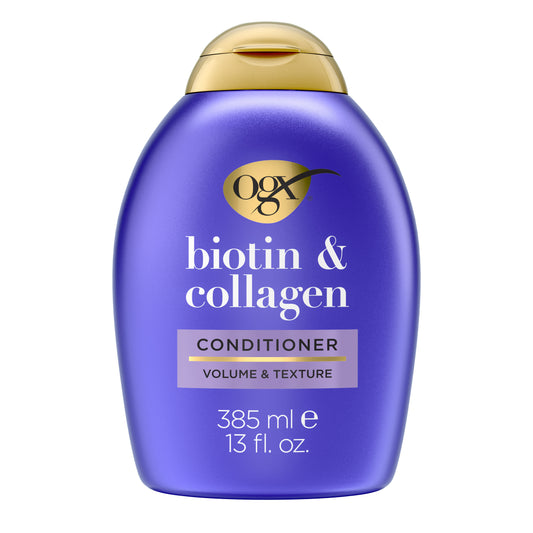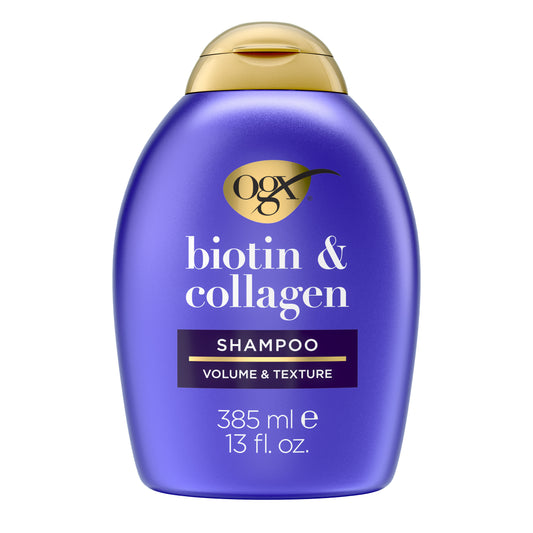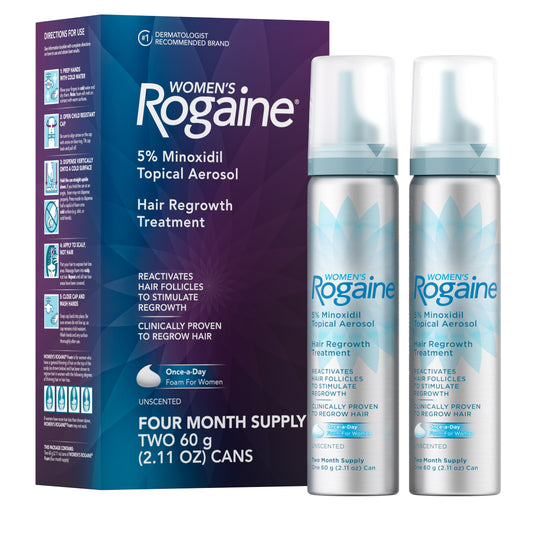-
Vendor:Women's Rogaine
Minoxidil 2% Topical Solution Three Month Supply, 3 Pack
Regular price $49.97Regular priceUnit price per -
Vendor:HUM Nutrition
Hair Strong Supplement, Strawberry, 60 Gummies
Regular price $26Regular priceUnit price per -
Vendor:Winged Wellness
Glow Up Collagen & Stress Drink Mix Powder, 9.7 oz.
Regular price $30Regular priceUnit price per -
Vendor:OGX
Thick & Full + Biotin & Collagen Conditioner, 13 fl oz.
Regular price $6.97Regular priceUnit price per -
Vendor:OGX
Thick & Full + Biotin & Collagen Volume Shampoo, 13 fl oz.
Regular price $6.97Regular priceUnit price per -
Vendor:Women's Rogaine
Minoxidil 5% Topical Foam, Four Month Supply, 2 Pack
Regular price $44.97Regular priceUnit price per

Q&A with Dr. Liss
Why is my hair thinning during menopause?
Learn
Browse menopause articles
We're getting real about hormones — because when it comes to managing your symptoms, knowledge is power.

Q&A with Dr. Liss, OB-GYN
What can I do to strengthen my hair during menopause?
Are there products that can help with menopausal hair thinning?
Does menopause cause hair thinning?
What helps hair loss during menopause?
What are the common causes of hair loss during menopause?
How can I find the best hair growth products for my hair type?
Are there any hair oils that can help with menopausal hair thinning?
What are some hair loss treatments that are safe for menopause?
How can I promote hair growth during menopause?
Can menopause affect the texture of my hair?
How can I prevent hair breakage during menopause?
What are some side effects of hair loss treatments during menopause?
Does biotin actually help with hair growth?















